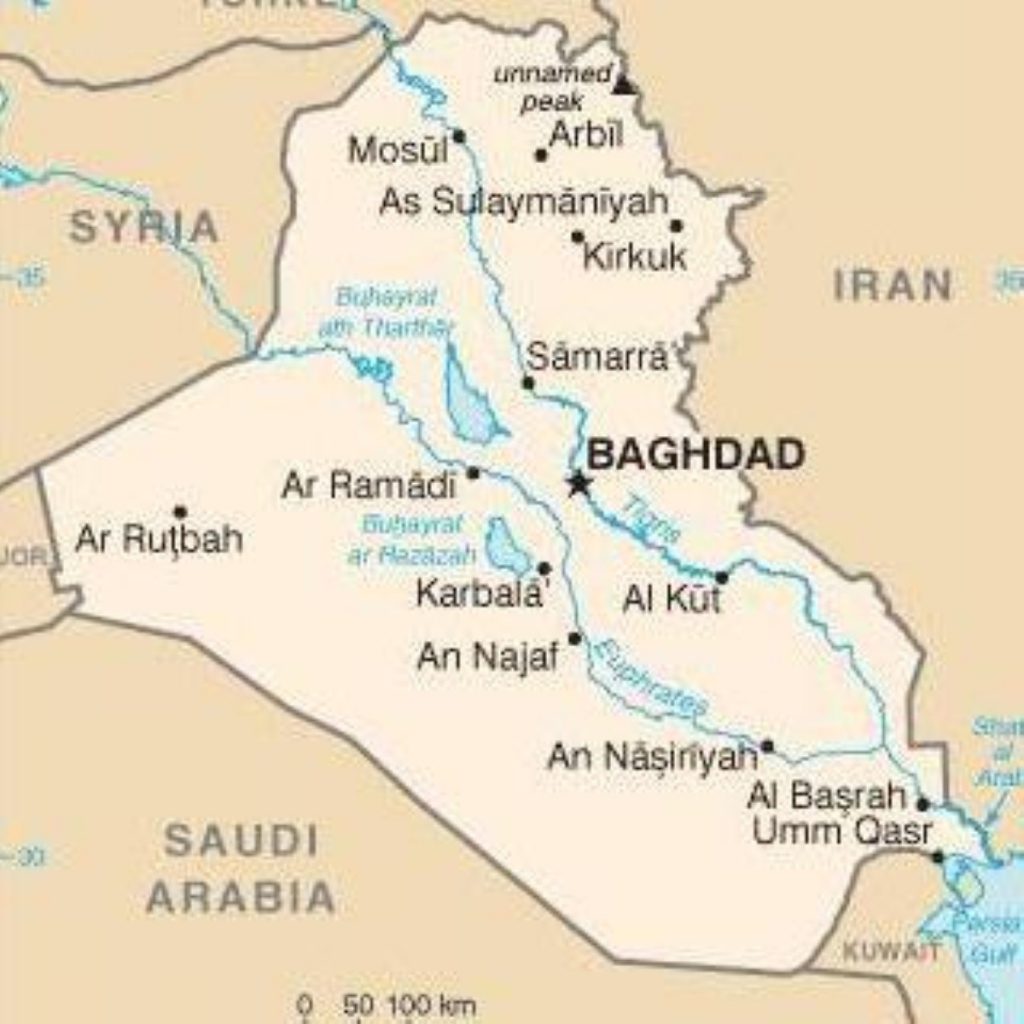Lib Dems demand Iraq inquiry adjournment
By politics.co.uk staff
The Lib Dems stepped up their campaign to get documents related to the Iraq war declassified today, by saying a short adjournment may be necessary to ensure all the key facts are on the table.
During Lord Goldsmith’s witness testimony yesterday, he expressed frustration that some documents were still not in the public arena.
“I do not agree with the decisions that apparently have been made that certain documents should not be declassified,” he told the inquiry.


Sir John Chilcot replied: “That frustration is shared.”
It was the first time the chairman has expressed irritation over the declassification of documents.
Earlier in the inquiry, his readiness to halt proceedings if matters of national security were raised caused concern in some quarters that his background as an establishment man may mean the inquiry had no teeth.
Nick Clegg, Lib Dem leader, objected to the fact some documents remained declassified, as did William Hague, shadow foreign secretary.
Today, he brought his campaign up a notch.
“There is still no sign that the documents that need to be made public for this to be a meaningful hearing will be released,” Mr Clegg said.
“If a short adjournment is necessary to ensure that this vital information is declassified, then this should be considered. However, the government should have no trouble with fast-tracking the release of a handful of key memos and letters.
“If Blair’s correspondence with Bush, and key memos from advisers to Blair cannot be discussed fully and openly tomorrow, the public will justifiably see another Labour cover-up at work,” he continued.
“These documents must not remain buried in Downing Street filing cabinets. Gordon Brown must act now if he wants to avoid the charge of a whitewash.”
Among the documents yet to be declassified are two memos from Sir David Manning to Tony Blair, one dated March 14th, 2002 and the other January 31st, 2003.
A letter from Tony Blair to George Bush sent in July 2002 is also though to remain classified after it was mentioned by Sir Roderic Lyne, a member of the inquiry panel.

